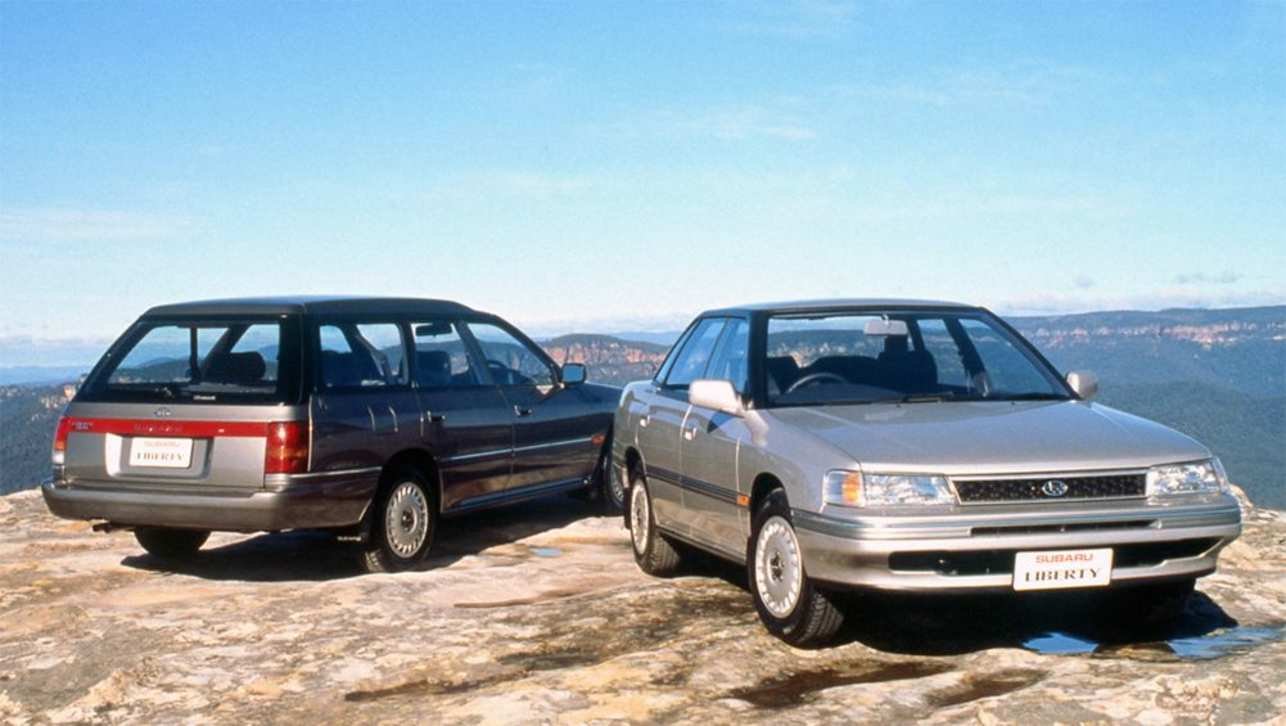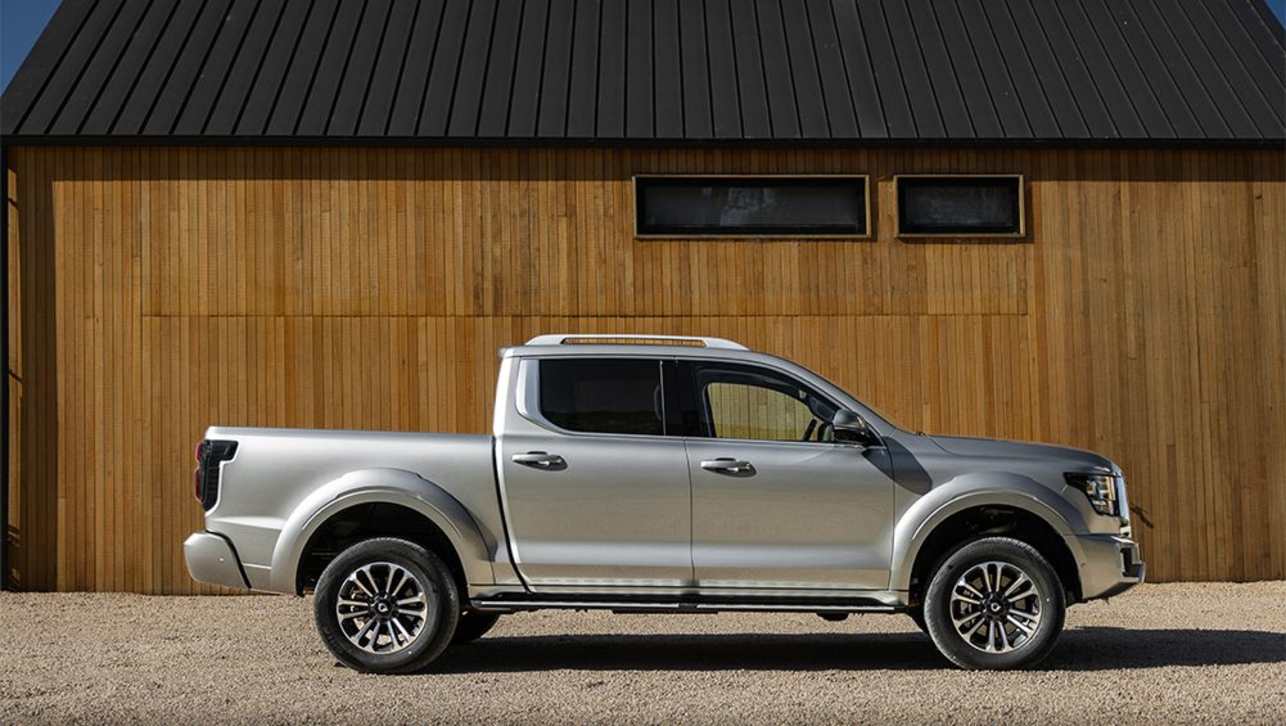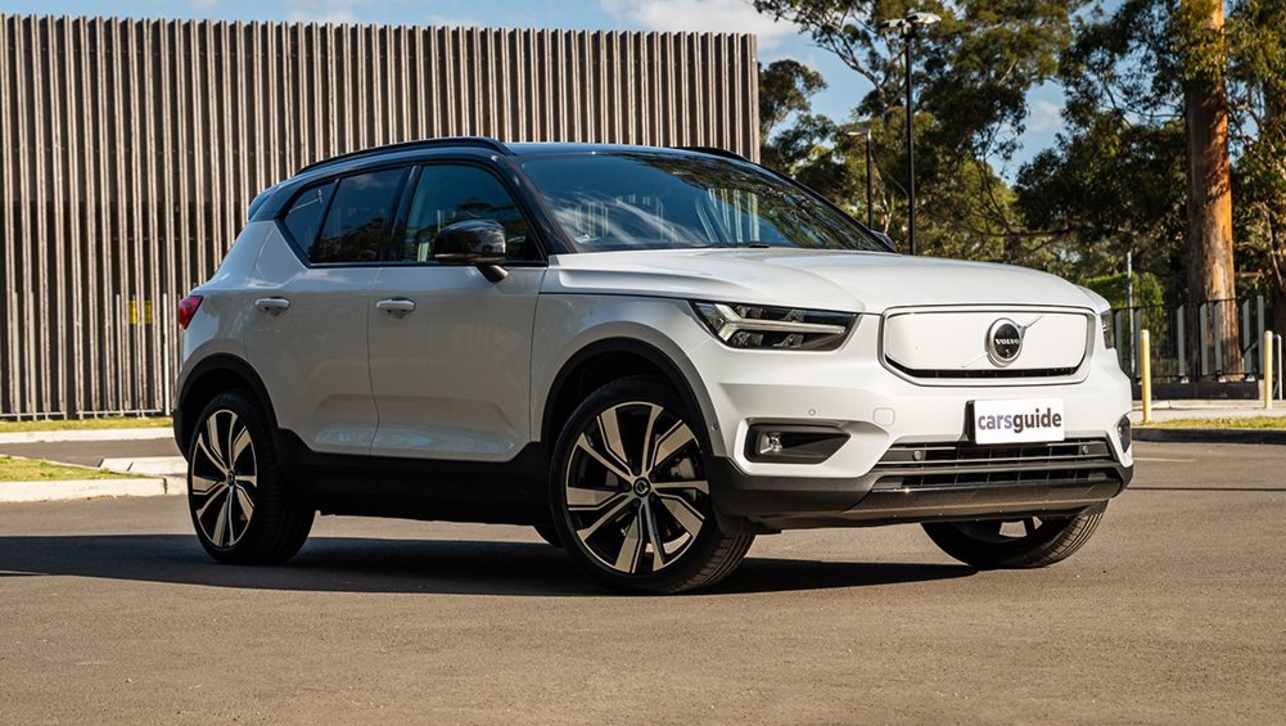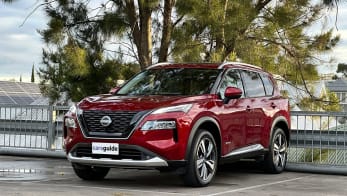Autonomous cars will be critical to cutting the road toll towards zero but that may leave no room for humans to take the wheel. That's the view of University of NSW artificial intelligence expert Toby Walsh.
Speaking ahead of this week's driverless car trials and conference in South Australia, Walsh says autonomous vehicles are a societal game-changer and Australia will be an early adopter, with the panel projecting 2025-2030 as a likely time to see fully autonomous vehicles (those capable of driverlessly undertaking a door-to-door journey) on our roads.
"It's going to be a transformation of transportation... perhaps as transformational as when we very first had the automobile," Walsh predicts.
"We're going to look back in 20 or 30 years' time and wonder how we let people drive such dangerous vehicles on the roads in Australia. I suspect it won't be acceptable to drive a car except in exceptional circumstances like on a racetrack."
There are going to be economic reasons to adopt some of these technologies early on
Walsh says the high number of trucks and cars driving long distances in Australia makes them prime candidates for automation.
"Highways are much easier than urban driving to fully automate and we have an ageing workforce of truck drivers ... so there are going to be economic reasons to adopt some of these technologies early on."
Michael Regan of the ARRB Group says younger people will be the early adopters because they've grown up with an established trust in new technology while those "longer in the tooth" will take time to cede control of the vehicle.
"From a public acceptance point of view there was a bit of research done recently that showed in Australia something like 40 per cent of people who were aged in their 40 or 50s were unlikely, when they hopped into a driverless vehicle, to be able to take their eyes off the road," Regan says.
The panel of experts cite economic and environmental advantages in everything from insurance premiums (fewer crashes) to having fewer vehicles on the road because of the efficiency of autonomous car-sharing services.
It's not really a technological question any more it's really an integration question
Flinders University head of civil engineering Rocco Zito says autonomous vehicles are already here, it's just a case of the level of autonomy and the vehicle-to-vehicle and vehicle-to-infrastructure communication expanding.
"We have the technology (for fully autonomous vehicles to control the entire journey). It's not really a technological question any more it's really an integration question."
"Here in South Australia we've already started the process of changing the legislation to legally allow autonomous vehicles drive on our roads," he says.
South Australia has joined several European countries and the US states of California and Nevada in allowing autonomous vehicle testing on public roads.
Volvo will demonstrate the autonomous driving ability of its XC90 SUV this month on a closed section of Adelaide's Southern Expressway.
As the first Australian state to support autonomous trials, the SA Government is supporting local companies such as Cohda, which will showcase its V2X-Radar this week.
Cohda says the 360-degree radar is unaffected by rain or snow and uses the established connected vehicle wireless protocols and 3D mapping to "see around corners" by detecting when the signals bounce off buildings, signs and conventional, unconnected cars.



.jpg)



.jpg)



.jpg)
.jpg)
.jpg)
.jpg)
.jpg)
.jpg)
.jpg)


.jpg)

.jpg)
.jpg)
.jpg)


.jpg)
.jpg)

.jpg)




Comments